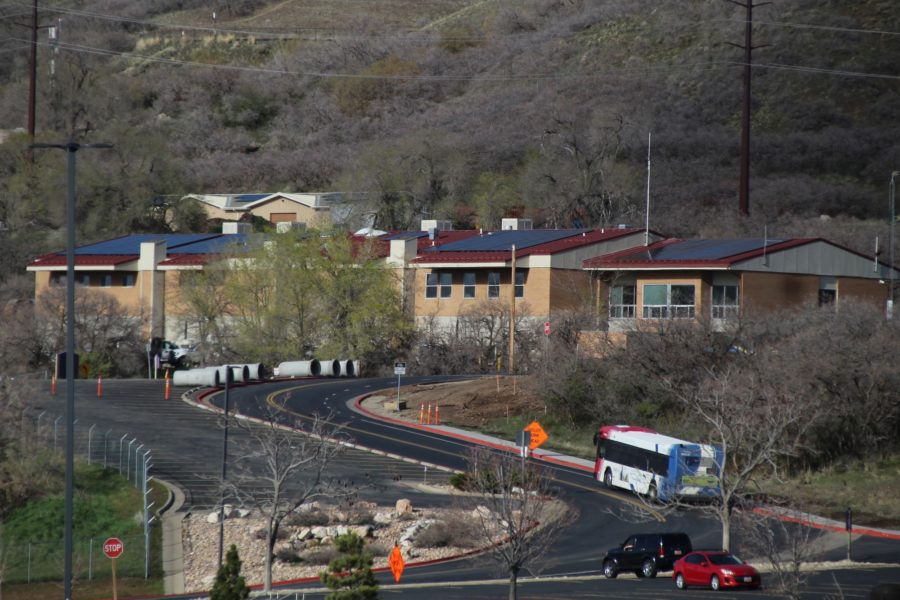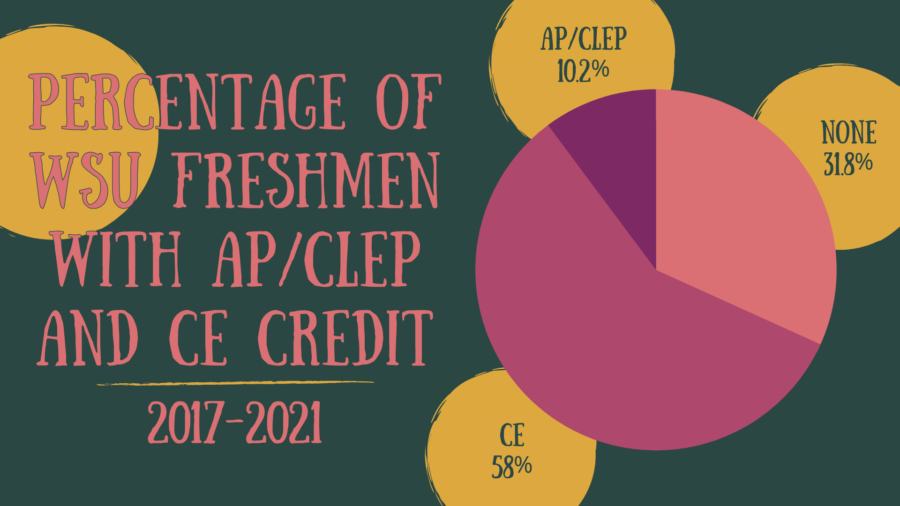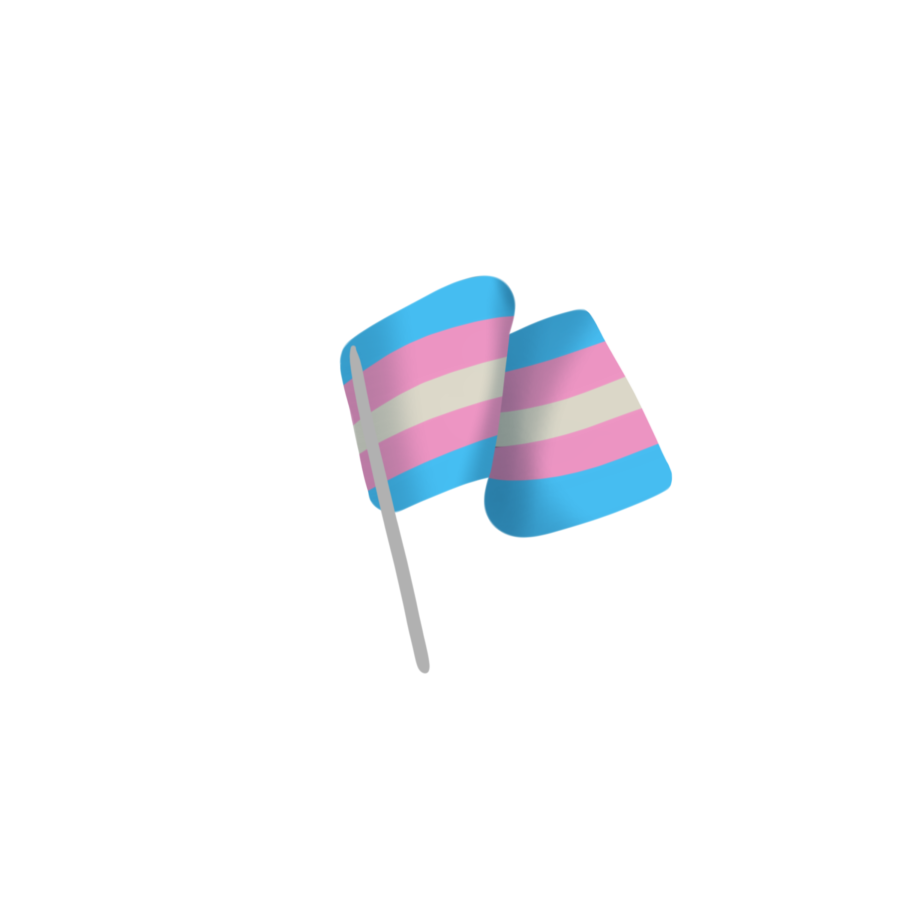Sustainability and the consequences of non-sustainable actions take a front seat at Weber State University’s spring 2021 Geoscience and Society seminar series. The series began on Jan. 15 and will conclude April 23 with student presentations.
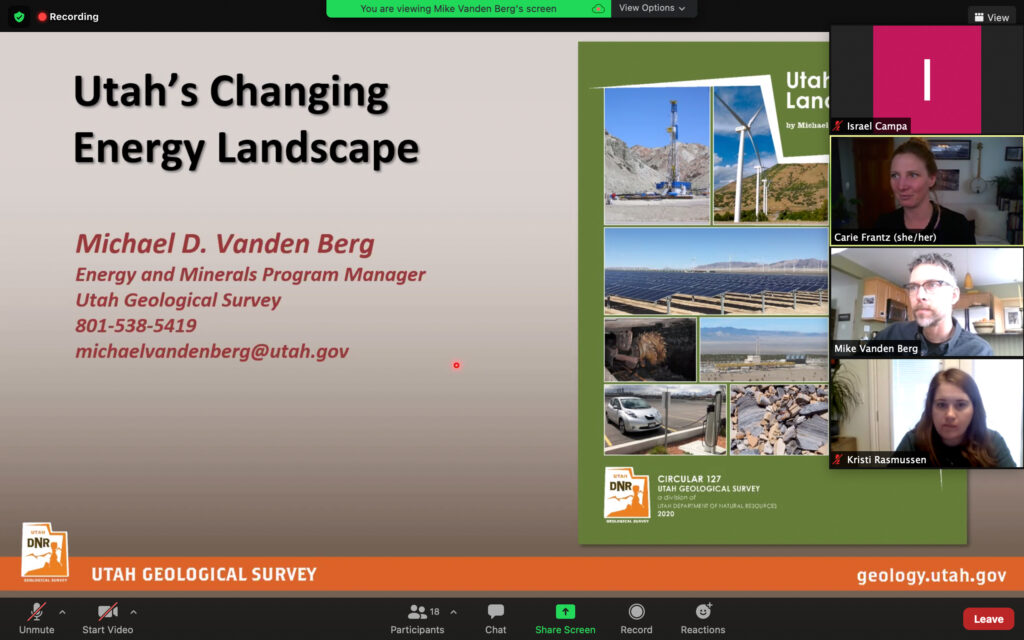
The series is organized by Carie Frantz, a professor in the Department of Earth and Environmental Sciences. The seminars aim to “explain how human societies are limited by finite natural resources and recommend strategies for sustainable management,” Frantz said in the introductory lecture.
The Feb. 5 lecture was hosted by Michael Vanden Berg and tackled Utah’s changing energy landscape and the unexpected chain reaction the pandemic inflicted upon energy supply and consumption.
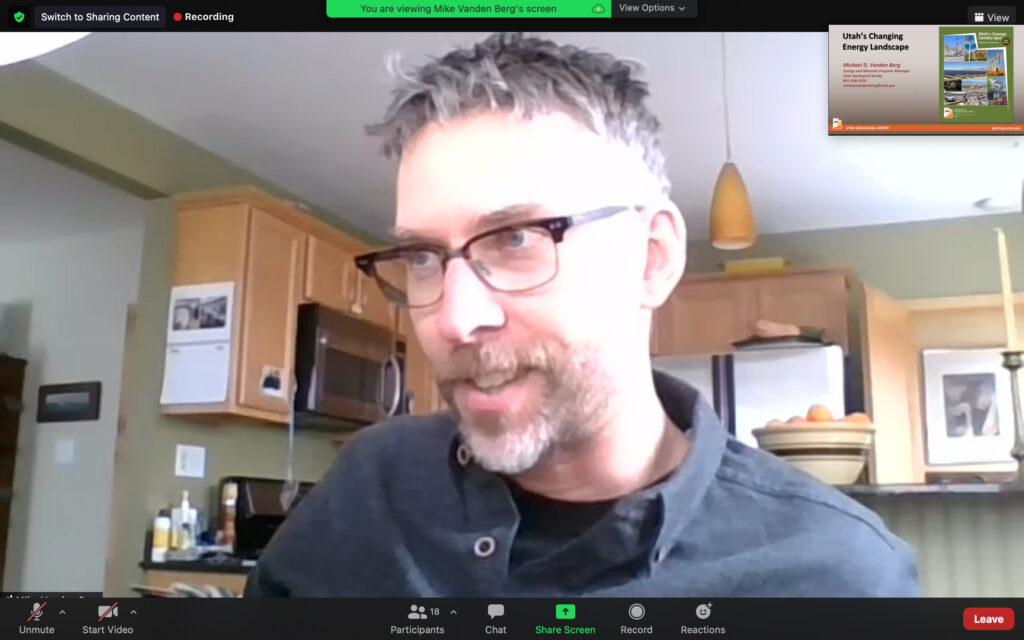
Other speakers so far have included Stephanie Mills of the Utah Geological Survey, an expert on the state’s mineral resources, and Jani Ingram of Northern Arizona University, who offered a Navajo perspective of the environmental health of Navajo lands.
Past lectures are available as recordings on the WSU website.
During her lecture, Frantz expressed excitement about upcoming speaker, Katherine Standefer, author of “Lightning Flowers: My Journey to Uncover the Cost of Saving a Life.”
The book details Standefer’s own investigation into the harsh reality of the supply chain that allowed her to receive a life-saving heart implant from a manufacturer in California to the mines in Africa where the device’s metals originated.
“If children sometimes work in mines, if tunnels collapse, if warlords profit, if women are raped, if mountains are dismantled and made toxic… If mined earth just saved my life: Was it worth it?” an excerpt of the book asks.
Standefer’s lecture will take place on Feb. 19.
The next lecture will be presented by WSU’s energy manager, Justin Owen, on Feb. 12 and will provide an update on WSU’s quickening progress toward carbon neutrality. Speaking at 2020’s geoscience seminar series, Owen said that WSU is on track to becoming carbon neutral by 2040.
Students are able to join live lectures Fridays at 1:00 p.m. via a Zoom link on the WSU website.















